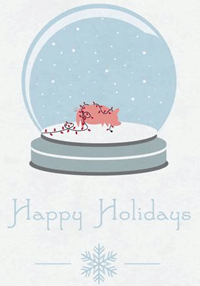 Earlier this week I had the opportunity to interview retired farmer Merle Anderson for my Between the Lines blog (Three Pieces of Advice From the Father of Ethanol). For those who truly know, love and respect Merle, he is none other than the “Father of Ethanol”. Thirty four years ago, Merle got a group of farmers together in Minnesota (he was a farmer in Climax, MN) to see how they could find a home for their surplus crops and their answer: ethanol. For the next 30 years or so, corn happened to be the only crop for ethanol that took off, but if Merle is right, other crops will have their day in the sun too.
Earlier this week I had the opportunity to interview retired farmer Merle Anderson for my Between the Lines blog (Three Pieces of Advice From the Father of Ethanol). For those who truly know, love and respect Merle, he is none other than the “Father of Ethanol”. Thirty four years ago, Merle got a group of farmers together in Minnesota (he was a farmer in Climax, MN) to see how they could find a home for their surplus crops and their answer: ethanol. For the next 30 years or so, corn happened to be the only crop for ethanol that took off, but if Merle is right, other crops will have their day in the sun too.
Yet despite the successes of the of corn ethanol industry, there is something that is really bugging him and that is the lack of support from the food industry whom he feels should be supporters of a product that helps the food industry, not hurts, them.
Below is a letter to the editor from Merle that we have received permission to reprint. After you read it, you will definitely be looking at groceries in your cart a bit differently – even though you grew the food.
When I walk through the big doors of the Modern Grocery Store it seems like I’m walking through the pearly gates of Food Heaven.
Then I stop and ask myself if farmers produce most of the basic food items in these places, why does the Grocery Industry Lobby join in a lawsuit against farmers and renewable fuels?
The Grocery Manufacturers Association (GMA) has lobbied against farmers by blaming ethanol for the high cost of food. Not true! The cost of food is up because of three plus dollars a gallon for fuel prices. Cost of processing, wrapping, boxing, and transportation is where your increased costs are.
The GMA has recently joined with Big Oil and others opposing groups in a lawsuit against the EPA because E15 was partially approved in our cars and pickups.
So as I wander through Food Heaven it causes me to ask these questions:Read More


 During the special live 200th episode of the National Cattlemen’s Beef Association’s
During the special live 200th episode of the National Cattlemen’s Beef Association’s 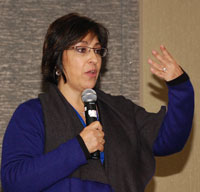 The number of PRRS Area Regional Control and Elimination (ARC&E) projects continues to grow in hog producing areas of North America.
The number of PRRS Area Regional Control and Elimination (ARC&E) projects continues to grow in hog producing areas of North America. 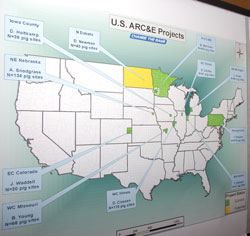 Laura says they expect the number of projects to continue growing. “Because some of the projects are not in densely populated areas, we consider some of them pilot projects,” she said. “We need to separate those areas in little clusters. So I think we are going to go to projects where there is more pig population.”
Laura says they expect the number of projects to continue growing. “Because some of the projects are not in densely populated areas, we consider some of them pilot projects,” she said. “We need to separate those areas in little clusters. So I think we are going to go to projects where there is more pig population.”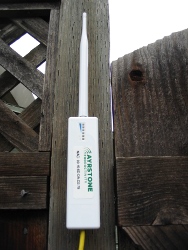

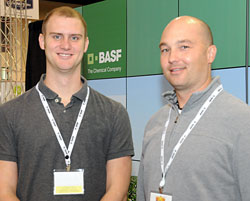
 .
.

